 Maybe it is because my daughter just turned 20; maybe it is because my second child is a senior in high school and we are knee deep in college applications and college visits trying to figure out where he will head off to next fall (gulp); maybe it is because I am a month away from my youngest son's Bar Mitzvah (gulp again); maybe it is because my husband turns 50 in March (wow); or maybe it is because my youngest daughter is in her final year of lower school and just today got rid of her Barbie Dream House and all of her Barbies (gasp!). But whether it is one or all of these biggies, I know that I have found myself feeling rather nostalgic lately. I wrote about what the aging process feels like for me, and how I am learning to let go of pieces of my youth and embrace the here and now. The waves of nostalgia often catch me off guard, and I feel like I want to reach out and touch the memories; to connect with them in a pinch myself kind of way to validate that the experiences were real, and that they still live somewhere within me. Without warning, this need to go back hit me during a recent writing group when the instructor gave us the prompt, "What is something quirky about you? Something that others may not know."
Maybe it is because my daughter just turned 20; maybe it is because my second child is a senior in high school and we are knee deep in college applications and college visits trying to figure out where he will head off to next fall (gulp); maybe it is because I am a month away from my youngest son's Bar Mitzvah (gulp again); maybe it is because my husband turns 50 in March (wow); or maybe it is because my youngest daughter is in her final year of lower school and just today got rid of her Barbie Dream House and all of her Barbies (gasp!). But whether it is one or all of these biggies, I know that I have found myself feeling rather nostalgic lately. I wrote about what the aging process feels like for me, and how I am learning to let go of pieces of my youth and embrace the here and now. The waves of nostalgia often catch me off guard, and I feel like I want to reach out and touch the memories; to connect with them in a pinch myself kind of way to validate that the experiences were real, and that they still live somewhere within me. Without warning, this need to go back hit me during a recent writing group when the instructor gave us the prompt, "What is something quirky about you? Something that others may not know."
And my mind looked back and then forward, and my pen on paper took me here:
It started early on, way back then. When I was young, exuberant and carefree. When life felt light and easy. When every step was the beginning of a new adventure, a launching point of sorts. And so it started. The micro-hop—my skip step—that I added to the beginning of my gait. It felt organic, like the way I was supposed to move. And it was how I moved, in my early days as a gymnast when I would jump with excitement each and every time I was ready to launch into my favorite floor exercise sequence—round-off, back handspring, back tuck. Ahhh, how I loved how these movements flowed together like the most perfect wave tumbling toward the shore. I felt this rhythmic flow in my body even when I was nowhere near a gymnasium.
When it was time for me to walk to class, to recess, to practice or even to the bathroom, in spite of some jarring I received from my friends when they noticed my quirk, I always felt the need to add the skip step as I began to propel myself forward. The skip step automatically triggered my mind and muscles to access the incredible feelings of taking flight, which surged through my body and filled me with a timeless, spaceless sense of giddiness, levity and harmony.
But as the years progressed, and I grew into an awkward, agitated teen, I traded in my leotards for Grateful Dead t-shirts. Subsequently, as my life had lost a bit of its bounce and I wobbled on the bridge between youthood and adulthood, my skip step slowly disappeared. But it was a process, a skip step here, a skip step there would provide an occasional shot in the arm to keep me connected with those feelings of being so fully alive and free. Over time, and without recognition of the loss, my skip step all but vanished.
Three decades and four children later and I am in my front yard on a beautiful, sunny Minnesota spring day, watching my 10-year-old niece, a competitive gymnast, turn cartwheels and walk on her hands across the grass. “Hey, Auntie Julie, do you want to see what I just learned,” she asks eagerly, as her whole body visibly filling with the exhilaration that I recognized instantly. “Of course I do, ZZ (my affectionate adaptation of Lindsay)! Show me whatcha got,” I respond trying to contain my excitement.
My heart skips a beat as I watch with anticipation as she begins to launch. My mouth drops open as I see it—the skip step—my skip step—followed by her swift round off and perfectly executed back handspring. My heart is no longer in my body as it has most certainly jumped out.
Without thinking, I stand up. My mind becomes fierce, my body fueled by muscle memory. Nostalgia overruns any kind of logic, any kind of rationale. Before I know it, one barefoot is in front of the other, and there it is, my skip step…and I am running and I am free and I burst open into a powerful round-off and I am flying above the clouds. I am 10 and I love my skip step and my youth and my mobility and my levity. Upon my decent from the air, I power both feet downward to hit the prickly grass at precisely the same time, exactly as I was taught to do by my perpetually mean coach who acerbically screamed at me if one foot came down a millisecond before the other.
At the very moment I celebrated this very small but very large “look-at-me-now-coach” victory, I heard it. The rubber band-snapping, pop gun sounding snap that reverberated through my entire body and rung in my ears. The endorphins that served as a numbing agent swiftly began to lose their power, and the raw, unfiltered raging, burning sensation was unleashed. The pain—the ferocious, radiating, sizzling in my calf caused me to tumble to the ground writhing, moaning, crying, and biting my lip not to swear.
I looked up to see my niece’s terror stricken hazel eyes staring down at me. I tried with every ounce of my being to give her an “I am going to be okay” look, but a blank stare was the best I could muster.
What she couldn’t know, nor did I want her to know, was that behind my blank stare blared two very loud voices at war inside my head, simultaneously exalting and cursing every single skip step I ever took.





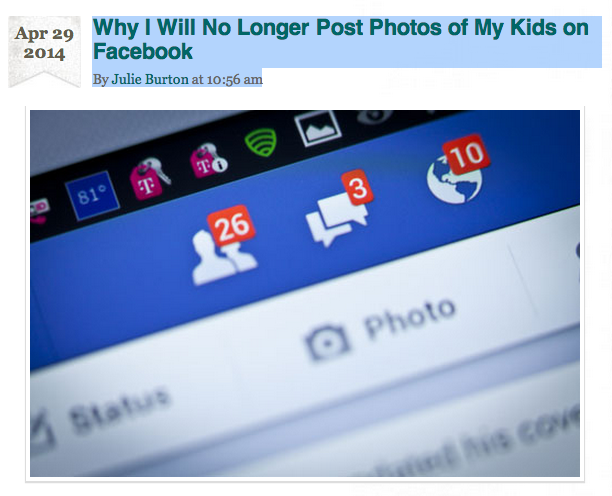

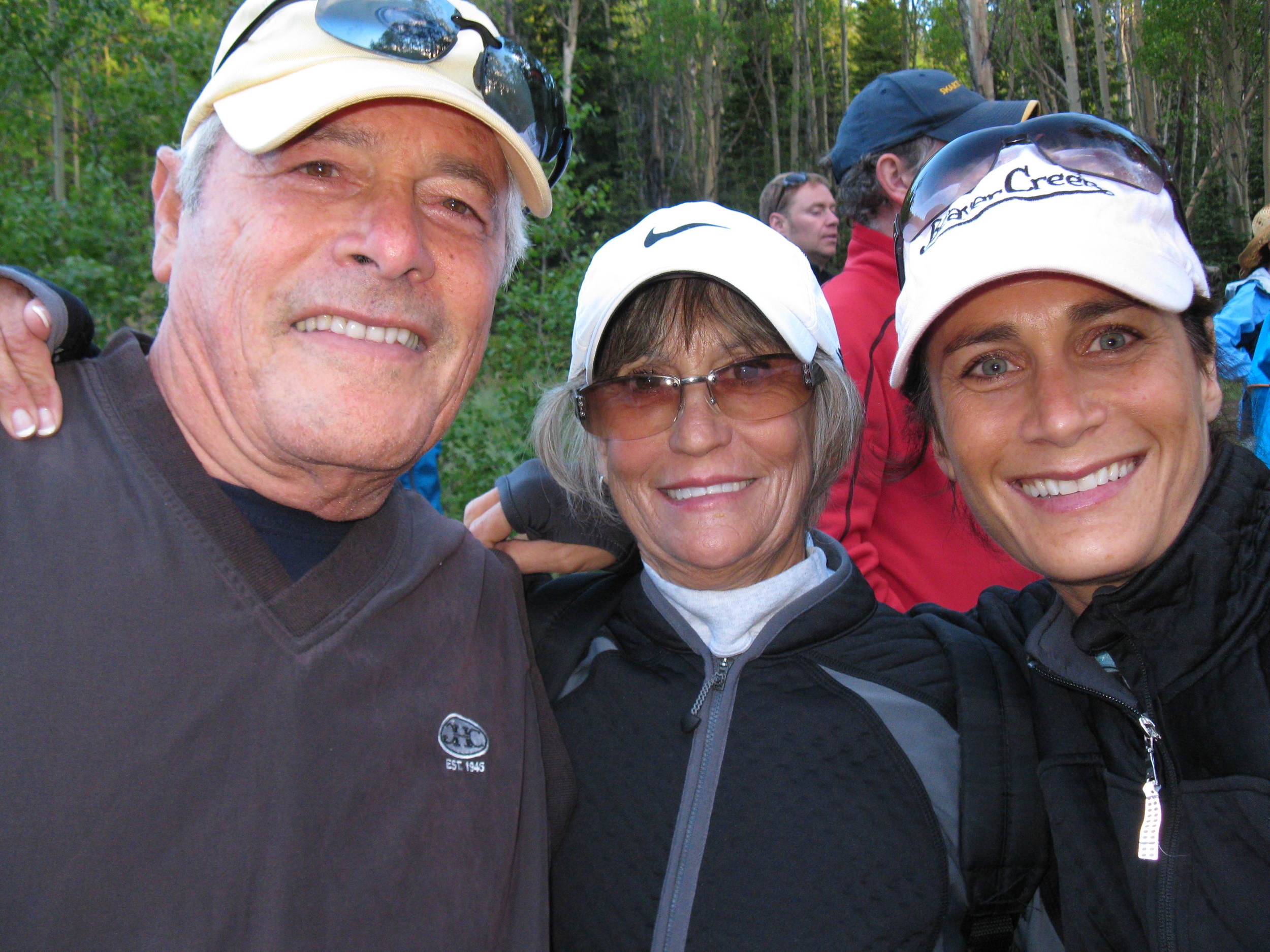

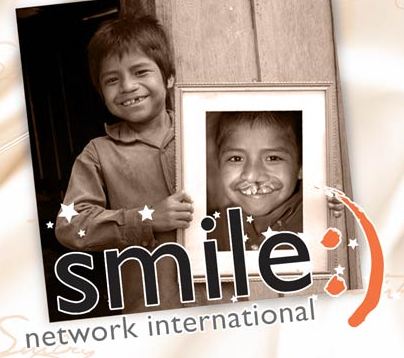
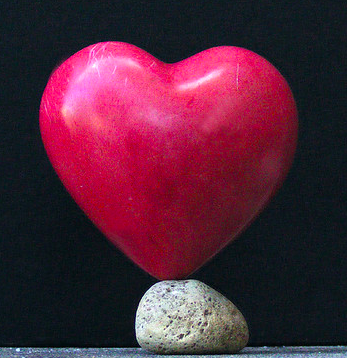
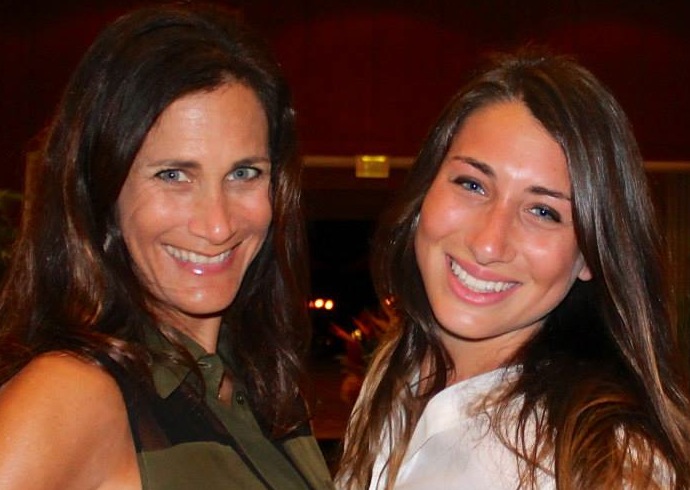 This is going to sound very unlike me since it was only four months ago that
This is going to sound very unlike me since it was only four months ago that 
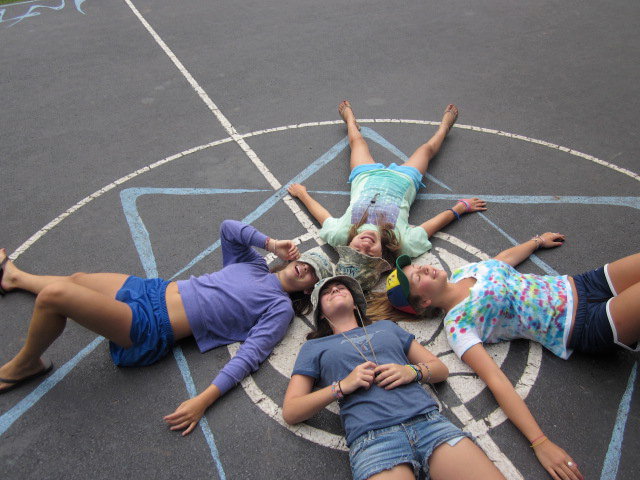 As a Minnesotan, December is the month when our landscape turns into a nasty frozen tundra, and it is difficult to savor the memories of the past summer or to believe that we will EVER be relieved of our constant state of FROZEN. But, of course, even though we sometimes have to wait until May, the thaw does come. My most notable December reminder of the warm hope of summer is delivered by envelopes and emails containing none other than…summer camp forms.
As a Minnesotan, December is the month when our landscape turns into a nasty frozen tundra, and it is difficult to savor the memories of the past summer or to believe that we will EVER be relieved of our constant state of FROZEN. But, of course, even though we sometimes have to wait until May, the thaw does come. My most notable December reminder of the warm hope of summer is delivered by envelopes and emails containing none other than…summer camp forms.



